Elizabeth Mallott is a postdoctoral fellow at Northwestern University. She was awarded a Leakey Foundation Research Grant during our fall 2017 cycle for her project “Response of primate gut microbiome function to increased faunivory.”
The gut microbiome – all of the microorganisms living inside an animal’s digestive tract – plays an important role in supporting primate nutrition. The foods that primates eat contain complex molecules, like cellulose, that primates are not able to digest on their own. Luckily, the bacteria in primate guts are able to break down these molecules and turn them into short-chain fatty acids, which are energy sources that primates can access. This relationship is influenced by what foods primates eat, unsurprisingly, and different foods are broken down into different kinds of short-chain fatty acids.
Research to date suggests that low fiber, high fat, high protein diets might shift the gut microbiome away from producing short-chain fatty acids used to power the intestines and towards short chain fatty acids used to fuel more peripheral body tissues, including the brain. Thus, as primates incorporate more animal prey into their diet, their gut microbes might be producing more sources of energy for their brains. However, we do not have the comparative data yet to test this hypothesis.
My project asks how animal prey consumption has shaped the gut microbiome of primates. I am examining the gut microbial communities of six species of primates at Tiputini Biodiversity Station in Ecuador.
In addition to examining what bacteria are present in the gut microbiome of these species, I will be using metabolomics – a method to identify all of the small molecules present in a sample – to see if there are differences in which short chain fatty acids are being produced. I hope to learn if a more faunivorous diets results in a gut microbiome that both contains different bacterial taxa and is more efficient at producing short-chain fatty acids used by peripheral tissues. Understanding how a shift to a diet that focuses on animal prey influences commensal relationships between nonhuman primates and their gut microbiome will allow us to generate novel hypotheses about how the gut microbiome is helping humans support the energetic requirements of their longer life spans, faster interbirth intervals, and relatively large brains.


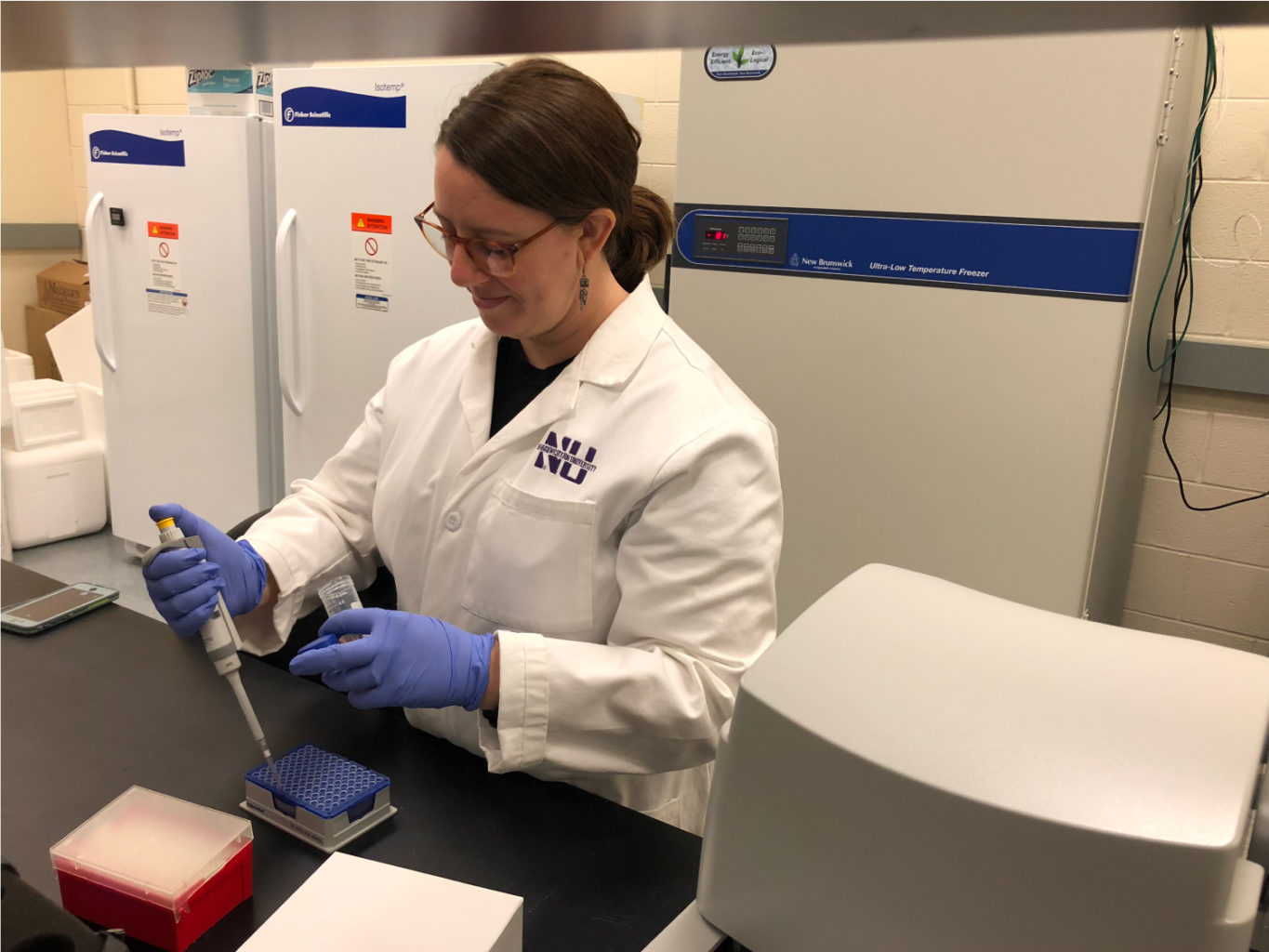
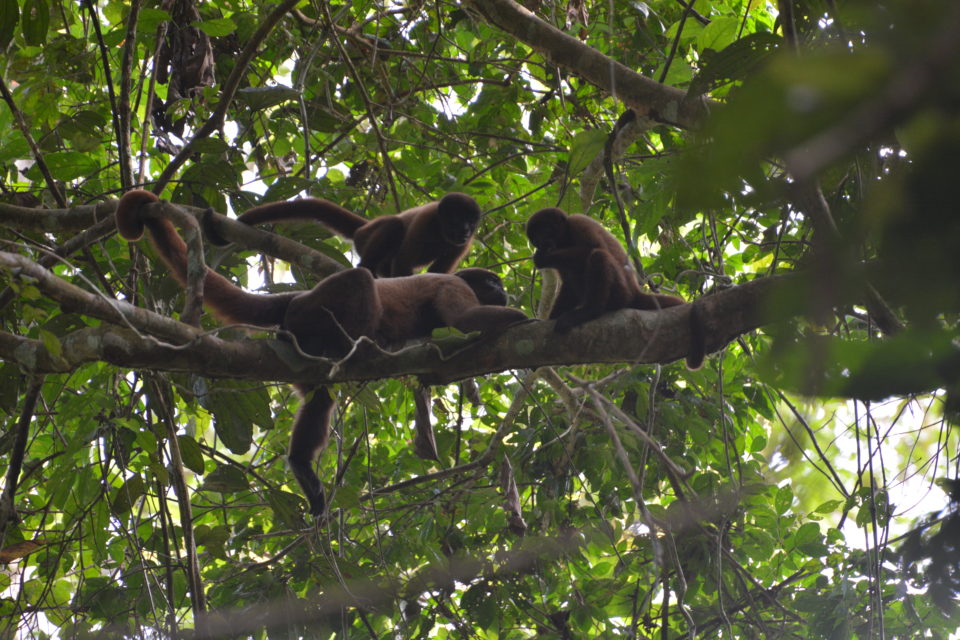
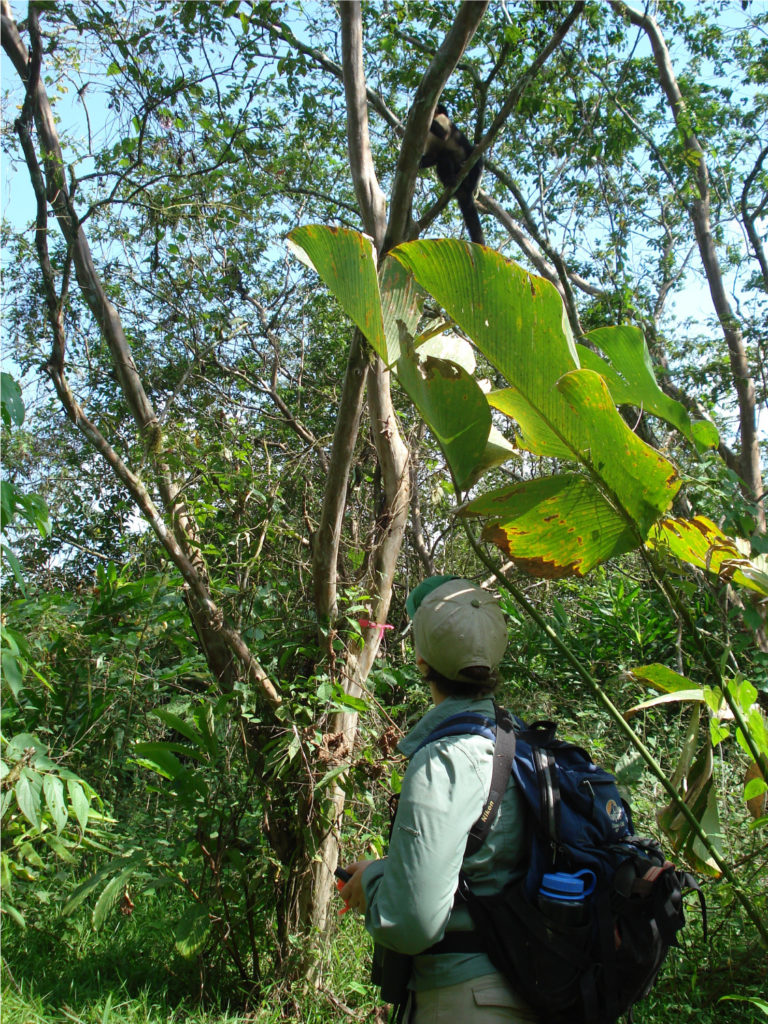
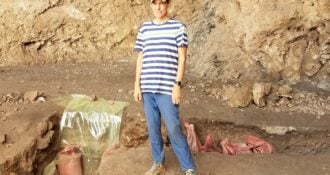


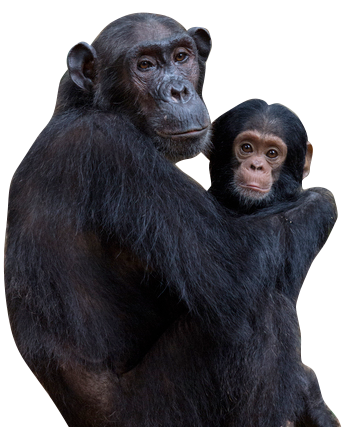
Comments 0